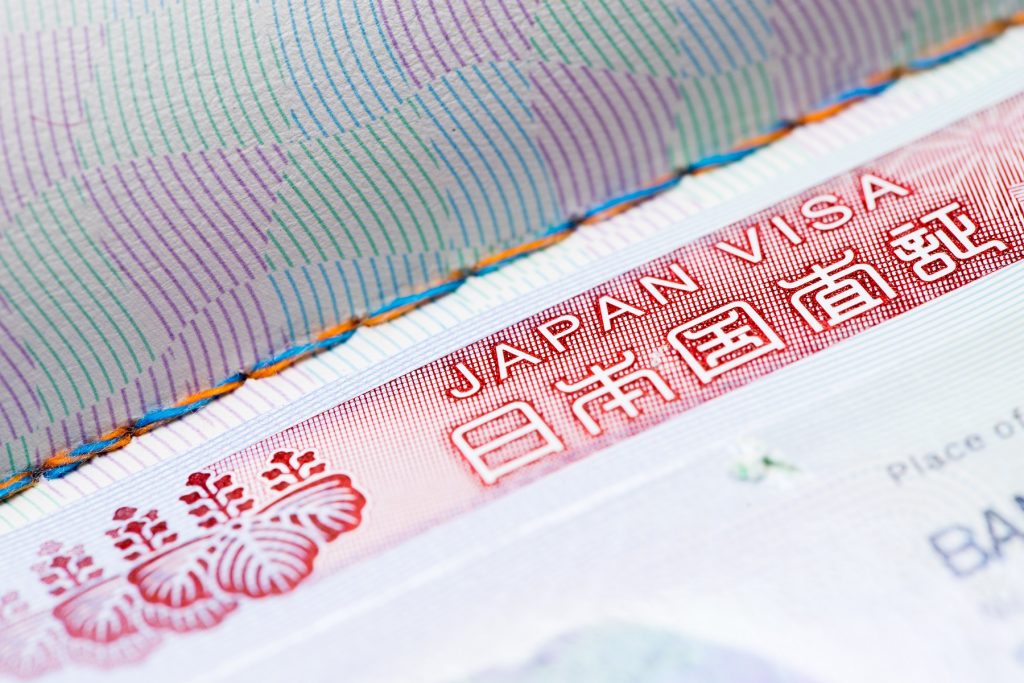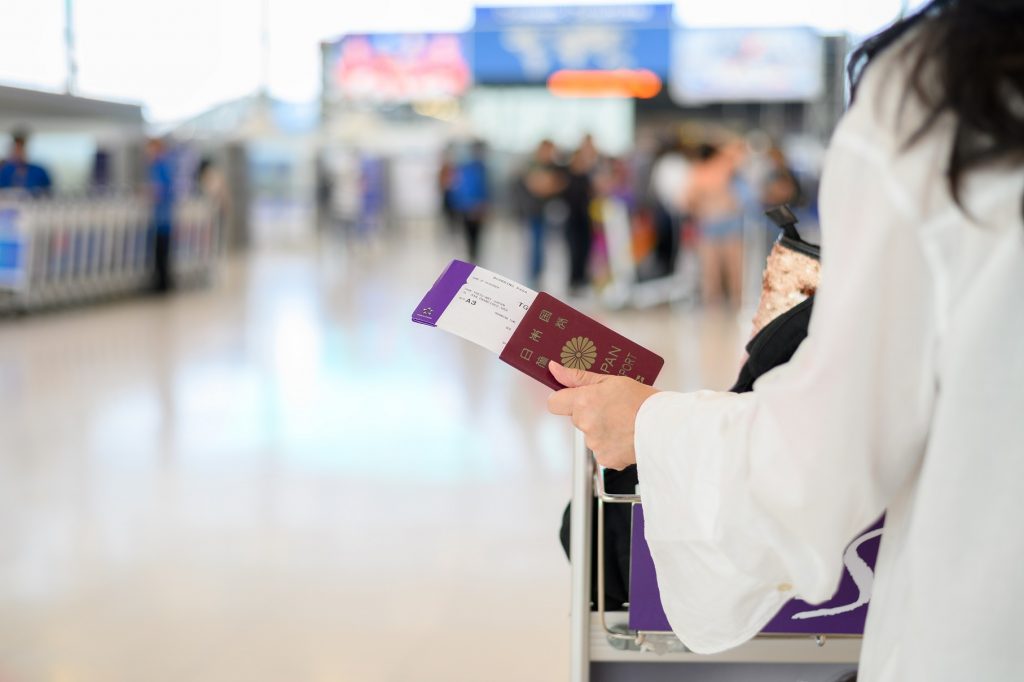Visa and Status of Residence
We know that you must be excited to be able to study in Japan, and we do not blame you at all! However, before anything else, there are a lot of procedures and paperwork that you must complete before settling down in Japan.
People wishing to study in Japan must apply for a visa first. There are several types of visa, and the person’s status of residence is determined according to his/her reason for coming to Japan, status, and position. The one applicable to international students for study at a university, a junior college, a college of technology, a professional training college, or a Japanese language institute etc., in Japan is “Student.” Periods of stay are as follows: 4 years and 3 months, 4 years, 3 years and 3 months, 3 years, 2 years and 3 months, 2 years, 1 year and 3 months, 1 year, 6 months or 3 months.
In this article, we will list down 5 steps that will hopefully clear all of your doubts regarding the immigration procedure, from the Certificate of Eligibility, all the way to receiving your Residence Card!

1. Application for Certificate of Eligibility for a Status of Residence (COE)
An international student wishing to study in Japan or his/her proxy (e.g., a family member of the student or an employee of the school accepting the student) will first apply for an authorised COE at a regional immigration services bureau in Japan.
Notes:
- In many cases, the school accepting the international student will serve as the student’s proxy.
- Please check with your school on documentation requirements when applying, as each school may have its own requirements.
2. Evidence showing the applicant’s ability to pay all expenses during his/her stay in Japan
When applying for a COE or visa, you may be asked for proof that you are able to cover your expenses while studying in Japan.
Required documents:
A savings balance certificate, income certificate covering the past several years or taxation certificate of the person wishing to study in Japan (or his/her guarantor), etc.
3. Visa application
Once the COE is issued, the visa application form can be submitted to the Japanese embassy or consulate in your home country.
Required documents:
- Passport
- Visa application form
- Photographs
- COE
- Documents other than the above
4. Entry to Japan

When entering Japan, the following documents are required.
Required documents:
- Passport
- Visa from Japanese embassy or consulate in your home country
- COE (If already issued)
5. Residence card
A residence card (zairyuu card) will be issued for a foreign national residing in Japan for more than three months. It is important that this residence card is carried at all times.
Issue of residence card:
When entering Japan via New Chitose, Narita, Haneda, Chubu Centrair, Kansai, Hiroshima or Fukuoka Airport:
During the immigration process, a Landing Permission stamp will be affixed in your passport and a residence card will be issued. After you determine where you will live in Japan, please bring your residence card to the municipal office administering your address within 14 days to register as a resident.
When entering Japan via airports other than those mentioned above:
During the immigration process, a Landing Permission stamp will be affixed in your passport, with a seal indicating the later issuance of a residence card. After you determine where you will live in Japan, please go to the municipal office administering your address within 14 days to register as a resident. Be sure to bring your passport bearing the seal mentioned above. Your residence card will be mailed to your registered address at a later date.
So, there it is! There are not a lot of steps involved, but it is indeed a time-consuming process. Some of these procedures might also have been changed due to the recent COVID-19 pandemic, so do keep yourself up to date through your school!










